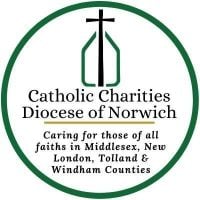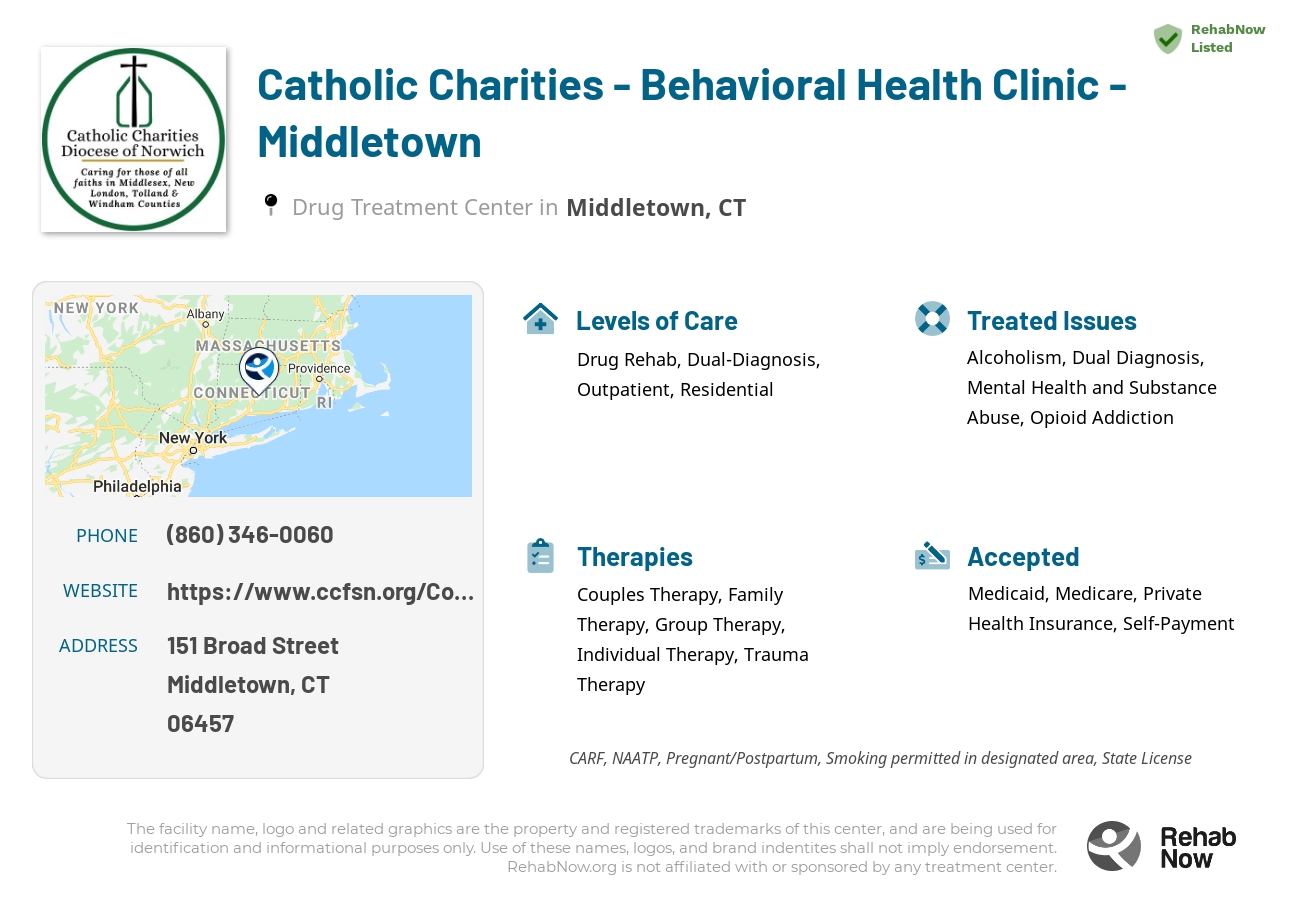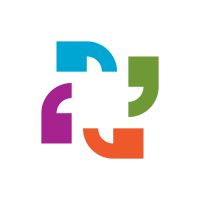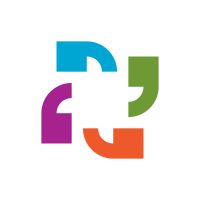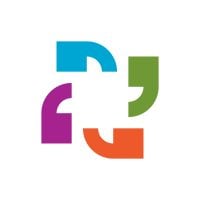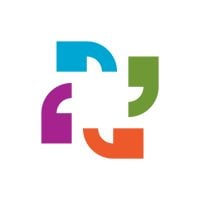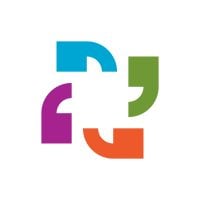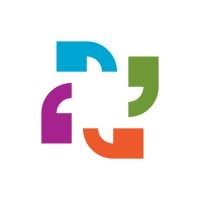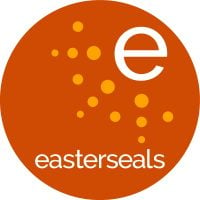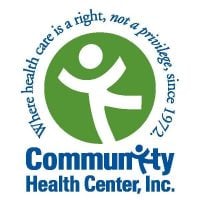Catholic Charities - Behavioral Health Clinic - Middletown
Drug Rehab Center in Middletown, Connecticut
Catholic Charities - Behavioral Health Clinic - Middletown offers an individualized and multi-level drug rehabilitation program focused on alcohol and opioid addiction and dual-diagnosis issues that accepts private health insurance.
About
Catholic Charities - Behavioral Health Clinic - Middletown in Middletown, Connecticut, is an addiction treatment facility that helps people suffering from alcoholism, opioid addiction, dual diagnosis and drug addiction. The facility offers a comprehensive range of services, including drug rehabilitation, outpatient and residential levels of care, and accepts private health insurance. It is also affiliated with the Diocese of Norwich Catholic Charities.
At Catholic Charities - Behavioral Health Clinic - Middletown, individuals can access support and treatment to recover from substance abuse and addiction. The facility provides patients with access to personalized care plans that address both their physical and mental health. This may include drug rehabilitation and counseling, as well as access to support groups and other resources. Patients can opt for either outpatient or residential levels of care, with the residential option involving longer-term, 24-hour resident programs for more intensive treatment. Catholic Charities - Behavioral Health Clinic - Middletown also accepts private health insurance, making treatment accessible to a wider range of individuals.
Genders
Ages
Modality
Additional
Conditions and Issues Treated
Within the past decade, opioid addiction has become a nationwide epidemic. The United States hosts one of the world’s highest rates of opioid use or abuse and has one of the highest rates of opioid-related deaths. In the United States, opioid drugs are classified as Schedule II-IV controlled substances due to their highly addictive properties and potential for abuse. These include morphine, opium, heroin, oxycodone, hydrocodone, methadone, and fentanyl. Physicians usually prescribe opioids to help control pain.
Over time, opioid users develop a tolerance for the drugs, which makes it difficult, if not impossible, to function without them. In turn, opioid users often resort to illicit means of obtaining the drugs. These means can include drug dealers, friends, and family members who do not have legitimate prescriptions for the drugs. Opioid addiction can quickly lead to heroin use, especially those seeking more intense highs than prescription opioids offer. Due to the high risk of overdose, heroin users are at a much higher risk for illness and death.
A person who struggles with addiction and a mental health condition suffers from a dual diagnosis. This means that they have two issues that must be treated. The specific mental health issues that the patient at Catholic Charities - Behavioral Health Clinic - Middletown might have include but are not limited to:
- Depression
- Bipolar Disorder
- Anxiety
- PTSD (Post Traumatic Stress Disorder)
The specific addiction issues that the patient might have include but are not limited to:
- Alcoholism
- Drug Addiction (i.e., Cocaine, Meth, and other stimulants, Marijuana, and Ecstasy)
The combination of the two illnesses can be tough to treat. Taking care of one or the other is tough, and taking care of both cannot be done alone. A patient who receives dual diagnosis treatment will be given the best chance at becoming sober.
Levels of Care Offered
This center offers a variety of custom treatment tailored to individual recovery. Currently available are Drug Rehab, Dual-Diagnosis, Outpatient, Residential, with additional therapies available as listed below.
An outpatient treatment program is set up to help with alcohol or drug addiction or a co-occurring disorder. The treatment must attend the treatment facility for their therapy and other programs but return home each night. The frequency of mandatory attendance decreases after much of the treatment program is complete. The treatment programs are monitored by the treatment facility and case managers who work for a judge or judge’s office. A treatment program may be performed out of a treatment facility, treatment clinic, or treatment center.
The benefits of outpatient treatment programs are many. One of the most beneficial treatment programs is that it allows treatment for clients who cannot afford or may not be able to attend treatment at a treatment facility, treatment center, or treatment clinic full-time. Another benefit of treatment programs is that they reduce crime rates because treatment allows people to treat their addiction.
Residential treatment programs are those that offer housing and meals in addition to substance abuse treatment. Rehab facilities that offer residential treatment allow patients to focus solely on recovery, in an environment totally separate from their lives. Some rehab centers specialize in short-term residential treatment (a few days to a week or two), while others solely provide treatment on a long-term basis (several weeks to months). Some offer both, and tailor treatment to the patient’s individual requirements.
Therapies & Programs
Individualized Treatment is essential because it gives addicts the ability to participate in a program that meets their unique needs. An addict should work with professionals who understand what they’re going through, especially if the addict is actively using. Finding the right treatment program for an addict is difficult, but it’s even harder without communicating with those who have experience treating your specific situation.
Couples therapy is a treatment approach where the patients and their partners are engaged together. When a person becomes a victim of substance abuse, it affects the patient and his people, particularly his partner. Their relationship can become strained due to lack of communication, financial issues, loss of trust, lack of intimacy, and physical abuse in more severe cases. Couples therapy addresses these issues and tries to rebuild the trust between the partners. The partner’s involvement in the process will result in greater chances of treatment success and sustained recovery.
The therapies typically involve all family members, potentially including siblings, children, and parents who play a role in their daily lives. These sessions can be essential because they address past issues that may have affected an addict or alcoholic’s recovery process. They provide support during this time when it is needed most!
A family therapy session, often called a family meeting or intervention, is a necessary process that helps loved ones of addicts see their situation in a new light. It’s also one of the most challenging things families will ever have to do when they’re facing a loved one battling addiction or alcoholism.
Group therapy sessions provide recovering addicts with a chance to cope with everyday situations that many face. Group therapy sessions are held in rehab facilities, clinics, churches or community centers that offer drug addiction treatment.
People who attend these groups are encouraged to voice their feelings and support other addicts in recovery. This helps group members strengthen their own recovery program while cheering on others who are struggling with sobriety.
Trauma therapy allows them to work through past trauma to have peace of mind and begin down the road of sobriety. The therapist will work with the individual to help them understand their past and present relationships. Patients may often believe that something is inherently wrong with them or they are unworthy of love. The therapist aims to correct these negative feelings and behaviors by helping the person realize that their actions do not reflect who they truly are.
Payment Options Accepted
For specific insurance or payment methods please contact us.
Is your insurance accepted?
Ask an expert, call (888) 674-0062
Diocese of Norwich Catholic Charities Associated Centers
Discover treatment facilities under the same provider.
- Catholic Charities Diocese - Norwich Office in Norwich, CT
- Catholic Charities Diocese in Middletown, CT
- Catholic Charities - Behavioral Health Clinic - New London in New London, CT
- Catholic Charities - Behavioral Health Clinic - Norwich in Norwich, CT
- Catholic Charities - Behavioral Health Clinic - Willimantic in Willimantic, CT
Learn More About Diocese of Norwich Catholic Charities Centers
Additional Details
Specifics, location, and helpful extra information.
Middletown, Connecticut 6457 Phone Number(860) 346-0060 Meta DetailsUpdated November 25, 2023
Staff Verified
Patient Reviews
There are no reviews yet. Be the first one to write one.
Middletown, Connecticut Addiction Information
Connecticut has a higher rate of substance abuse and addiction than the national average. The state ranks in the top 10 in the country for illicit drug dependence among those ages 18 to 25. In 2010, there were 9,211 people admitted to an alcohol treatment facility for alcohol abuse combined with a secondary drug. Connecticut ranked fifth in the United States of America for the number of fatalities involving drunk driving in 2014.
In 2013, there were over 2,000 reported incidents of drug abuse in Middletown, Connecticut. Drug overdose was the direct cause of death for over 800 people in 2014. 837 people abuse alcohol in Middletown, Connecticut. The cost of addiction is also taking a toll on the community as it costs the city millions of dollars. One great way to find the best treatment for anyone is to do some online research.
Treatment in Nearby Cities
- Putnam, CT (46.9 mi.)
- Thompson, CT (49.5 mi.)
- Greenwich, CT (62.7 mi.)
- Portland, CT (1.0 mi.)
- Higganum, CT (6.6 mi.)
Centers near Catholic Charities - Behavioral Health Clinic - Middletown
The facility name, logo and brand are the property and registered trademarks of Catholic Charities - Behavioral Health Clinic - Middletown, and are being used for identification and informational purposes only. Use of these names, logos and brands shall not imply endorsement. RehabNow.org is not affiliated with or sponsored by Catholic Charities - Behavioral Health Clinic - Middletown.
